How to grow food without light
The goal is to eventually engineer plants that can fully rely on acetate as fuel, which could lead to a massive reduction in agricultural land use - land that can instead be put toward conservation and decarbonization.
Revolutionizing Cultivation with Flexible Spectrum
The high-tech greenhouse Agrotopia is equipped with the latest cutting-edge cultivation techniques, including the first installation of the MITRA X FLEX. The MITRA X FLEX solution offers a flexible far-red spectrum, providing three spectra in one without losing power.
Understanding the Lifespan of a1000W HPS Lamp: When to Relamp or Replace
Let's delve deeper into this topic, we'll navigate into the factors that influence the lifespan of a 1000W HPS lamp and provide guidance on when it's time to consider replacement.
Horticulture LEDs and Photophyllâ„¢ Select LED
Cree LED is the first LED supplier to fully characterize products in horticulture metrics, such as PPF and Red PPF %, instead of lighting metrics, such as CCT and CRI.
LES SERRES BERTRAND EMBRACES THE DYNAMIC LED REVOLUTION WITH SOLLUM TECHNOLOGIES
Les Serres Bertrand, a leader in the greenhouse industry, has chosen to install Sollum®'s dynamic LED lighting solution for its tomato greenhouse located in Lanoraie, Qu©bec, which they acquired in 2017. This investment is the company's first foray into LED technology.
How Intercanopy Lighting Can Help Your Grow
Even though light is absorbed by leaves at the top of the canopy, shading from neighboring leaves reduces the light available to leaves lower in the canopy and the plant is living up to less than its full photosynthetic potential.
Full LED from Philips Horticulture LED Solutions saves 40% of energy for Topline Gerbera and increases stem weight
The Philips GreenPower LED toplighting force installation delivers more light with considerably less energy consumption, and can be used longer on an annual basis.
Light Interaction With Plants: Reflection, Emission and Absorption
But how do plants interact with light? There are three main types of interaction: absorption, reflection, and emission. What does each of them mean in the context of plants? How do they differ from each other?
Using LED Technology Improve Plant Cultivation
Light quality and spectrum controllability is a prerequisite for the maximized use of light energy to save energy, reduce growing cycle times, enhance production, and improve product quality.
2022 Top Article - Indoor Agriculture: Driving up LED Efficiency to Reduce the Costs of Artificial Sun
Increasing lighting efficiency can make a big difference to running costs. This is one of the reasons driving the move to replace traditional lighting solutions with LEDs in recent years.
HPS vs. LED: The Costs of Horticultural Lighting
Choosing horticultural lighting is one of the most important decisions a grower makes before setting up a greenhouse. It is often a large part of both CapEx, Capital Expenses, and OpEx, Operational Expenses.
Challenges and Opportunities Faced in Vertical Farming
amBX spoke with Stephan den Boer from Bever Innovations on their podcast about the role of technology in vertical farms, the challenges and opportunities faced.
Hybrid Lighting: Using both LED and HPS
When considering horticultural lighting for a greenhouse or indoor grow facility, the decision almost always comes down to HPS vs LED. Choosing between a traditional HPS lighting system or a new LED technology can be very complicated.
Fluence and REMY LED Lighting Collaboration Flourishes at Leading Israeli Cannabis Farms
With Fluence's SPYDR Series, Trichome leverages a high intensity, broad-spectrum strategy that delivers precise and uniform light to the plant canopy.
We Cannot Reduce Cost of Electricity, So We Learn How to Make Best Use of Energy
Part of this is to maximize the plant density per square meter, which means more and more plants can benefit from the same kilowatts sent to the LED lamps. We also use software to make better predictions on the amount that needs to be harvested so that there is zero waste.
Records 1 to 15 of 46
Featured Product
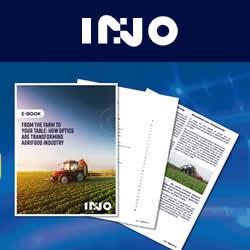
From the Farm to Your Table: How Optics Are Transforming Agrifood Industry
Agriculture is one of the pillars of our economy, providing jobs, revenue, raw materials and essential food products. However, the agricultural sector is facing many challenges, including the impact of climate change, the shortage of skilled labour and the need to produce more efficiently and sustainably. To tackle the problem, the agricultural world is undergoing a transformation thanks to new technologies and innovations based on optical technologies. In this 20-page e-book, we present how optical technologies are changing agrifood industry and the applications it now makes possible from the farm to your table.



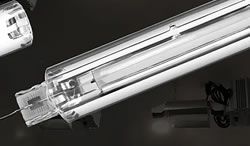

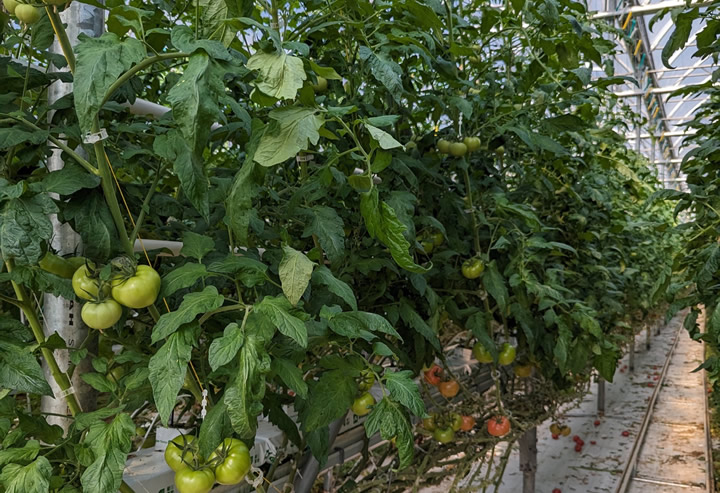

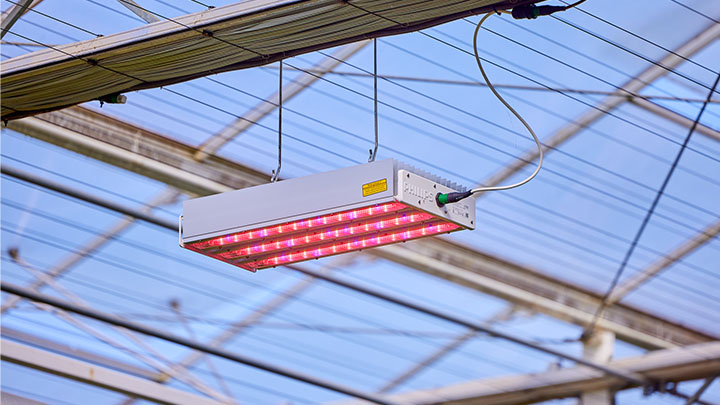



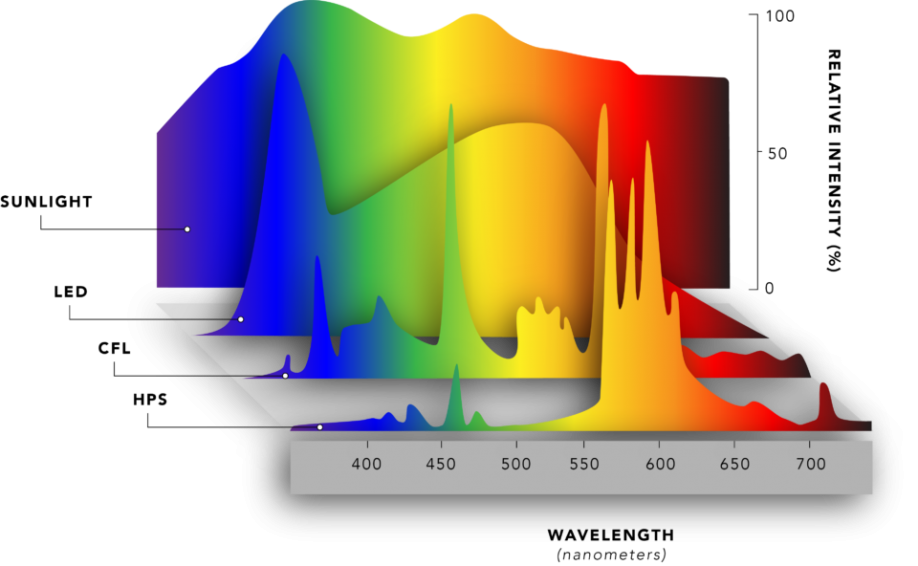


.jpg)
